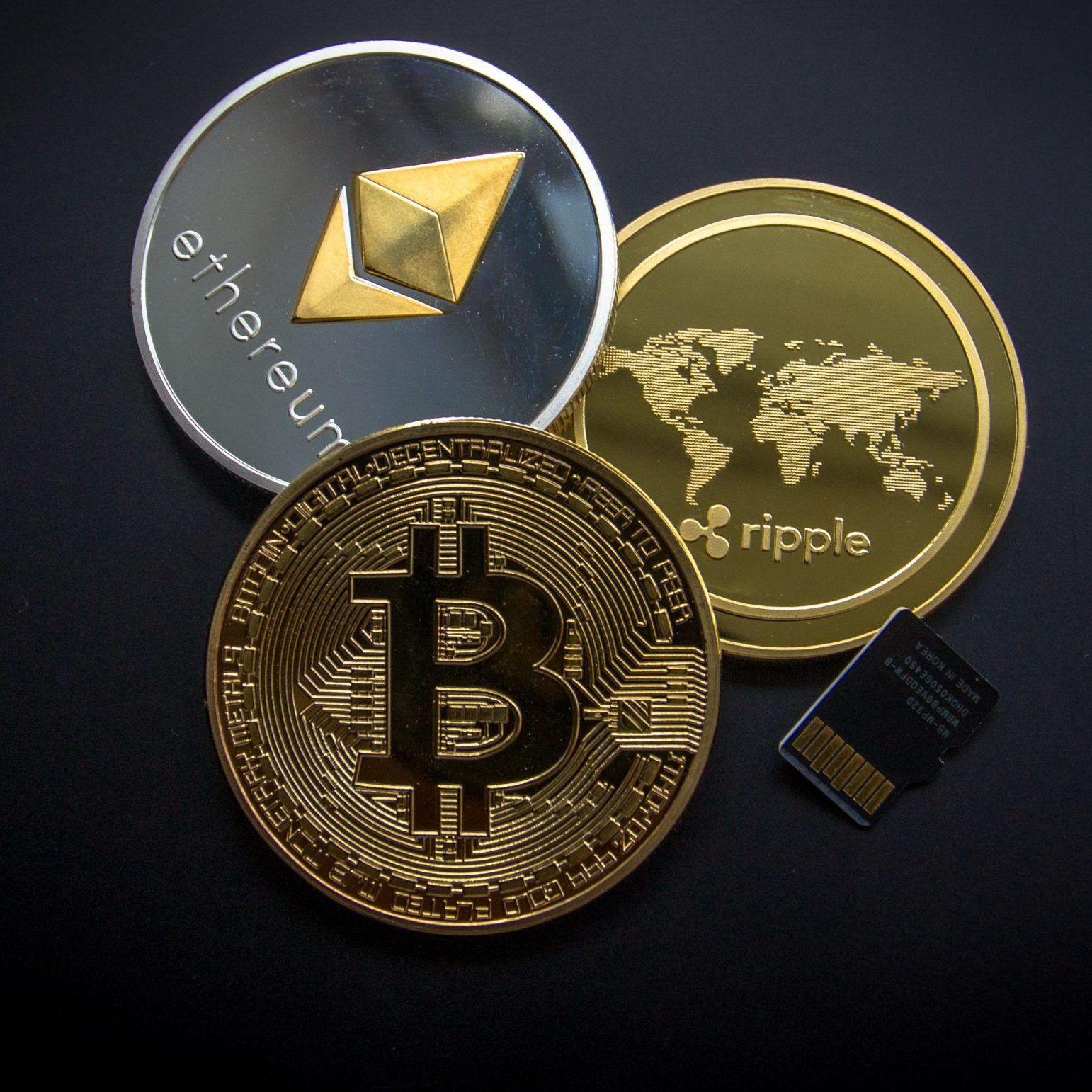Non-Fungible Tokens (NFTs): What Are They, and Should You Invest in Them?
Non-fungible tokens (NFTs) are changing the way we think of ownership and are opening up new revenue streams for digital creators and artists.
Written by Scott Craig|Posted on November 15, 2021

Some NFTs have sold for millions of dollars and total sales of NFTs hit 2.5 billion in the first half of 2021 alone. But, what exactly is a non-fungible token?
What Are Non-Fungible Tokens (NFTs)? They’re a Blockchain Solution to Digital Ownership
NFTs are smart contracts that are generated by the same blockchain technology that is used to power the cryptocurrency market, but they’re not a currency. Put simply, an NFT is a digital certificate of ownership used to authenticate said ownership of a specific digital asset that it’s attached to.
Non-fungible tokens are valuable because of their uniqueness, as opposed to a fungible item that can be interchangeable for items of the same value. For example, a 20 dollar bill is fungible because it can be exchanged for a different 20 dollar bill or two 10 dollar bills and it still holds the same value. NFTs are not interchangeable because they do not share a similar value with any other item. For example, we can understand the difference between fungible and non-fungible items by thinking about art. An original Leonardo da Vinci painting cannot be exchanged for another item of equal value, because it is the only one of its kind, and is therefore non-fungible. Another example of a non-fungible token is trading cards, where only a few exist.
Today (2021*), most NFTs are stored on the Ethereum blockchain and therefore the Ethereum ERC-721 tokens are the most used NFTs. One example of this NFT type is CryptoKitties, an Ethereum-based game that allows players to buy, sell, and breed digital cats (CryptoKitties). Each CryptoKitty available in the game is a unique NFT.
The key features of an NFT are:
- Uniqueness — NFTs cannot be generated in bulk or divided and remain authentic.
- Scarcity — There is only one or very few.
- Indivisible — NFTs cannot be broken down into smaller denominations or be bought in parts.
- Ownership — NFTs guarantee transfer of ownership as well as the complete transaction history.
- Fraud proof — NFTs are stored on blockchain technology that, by nature, is fraud-proof.
A Non-fungible token can take the form of any piece of digital content, including:
- Digital art
- Sports clips
- Music
- In-game accessories
- Virtual land / real estate
Does an NFT Mean Exclusive Rights?
While NFTs represent ownership of a digital asset, they do not include exclusive rights to the asset, unless this has been negotiated with the original artist. This is similar to ownership of any piece of physical artwork. While you may own the original, the artist still retains all intellectual, copyright, and reproduction rights.
If you purchase an NFT, the artist, unless otherwise negotiated, can still replicate the image and the image can be viewed by anyone online. Further, anything that currently exists online can be made into an NFT and sold in an NFT marketplace. However, once you purchase the NFT, you will be the certified owner of the asset.
How Do You Buy NFTs (Non-Fungible Tokens)?
-
Purchase Ethereum (or another cryptocurrency) and create a cryptocurrency wallet. Non-fungible tokens are bought using cryptocurrency. Most NFTs are stored on the Ethereum blockchain, but other coins, such as Cardano and Solana, can also be used on much smaller NFT marketplaces. If you don’t already have an account with a cryptocurrency exchange, your first step will be to create one so that you can buy cryptocurrency. You’ll then need to create a cryptocurrency wallet where you can store your coins.
-
Connect your cryptocurrency wallet to the marketplace where you’ll buy the NFT. The marketplace where you buy your NFT will depend on the type of NFT you’d like to buy. Some examples of NFT marketplaces include OpenSea and Rarible.
-
Purchase the NFT. Most NFTs are purchased in an auction format. This means that you’ll place a bid and wait to see if someone bids higher, or if you’ve won your desired item.
Should You Invest In an NFT?
There are benefits and risks when it comes to purchasing an NFT and understanding both are essential before deciding whether to buy one. The benefits of owning an NFT include proof of ownership, authenticity, transferability, and protection against forgery and replication of ownership.
The risks associated with owning an NFT are related to the technology that powers them. While the blockchain certificate associated with the NFT is permanent and stable, where the digital asset is hosted may not be. For example, if the server holding the digital asset goes down or if it gets moved, then your NFT digital code could lead to nothing.
While NFTs are highly speculative, fully understanding the risks of the NFT market will help you understand whether it’s a good investment option for you.

Scott Craig
CEO
Co-Founder
Kirkland, WA, USA
View profile